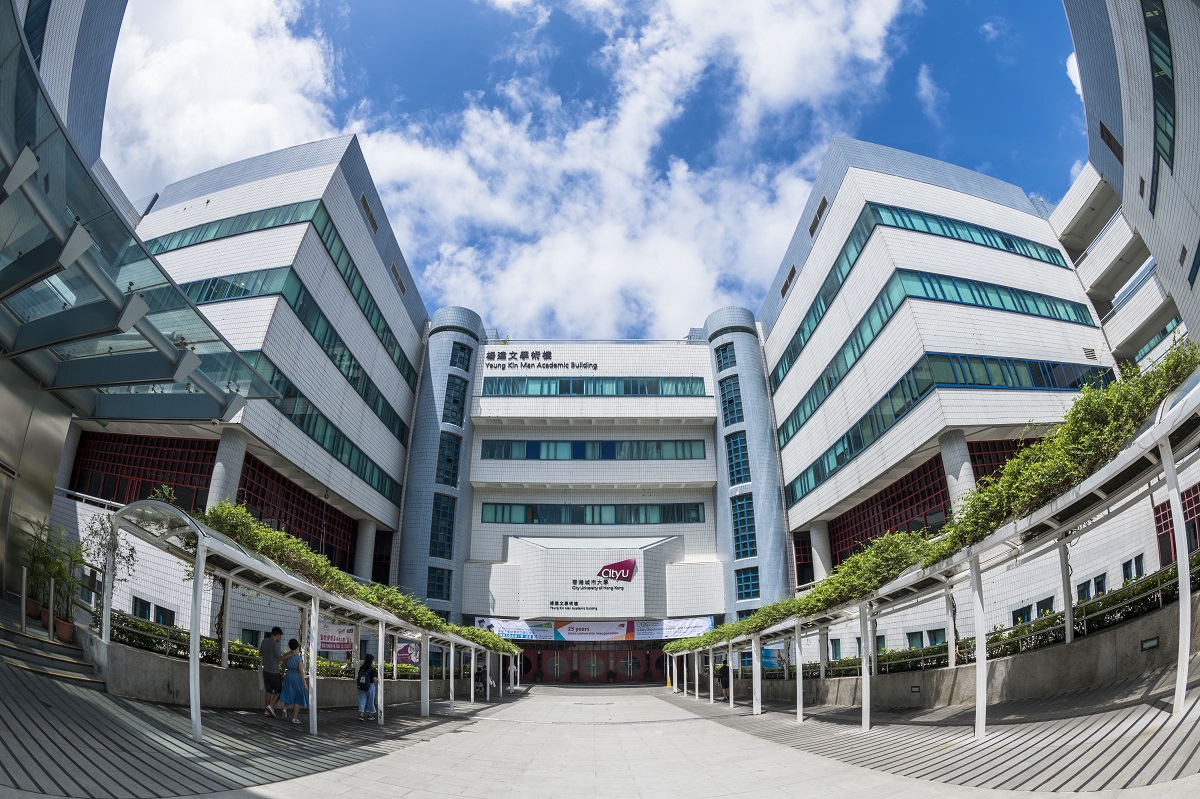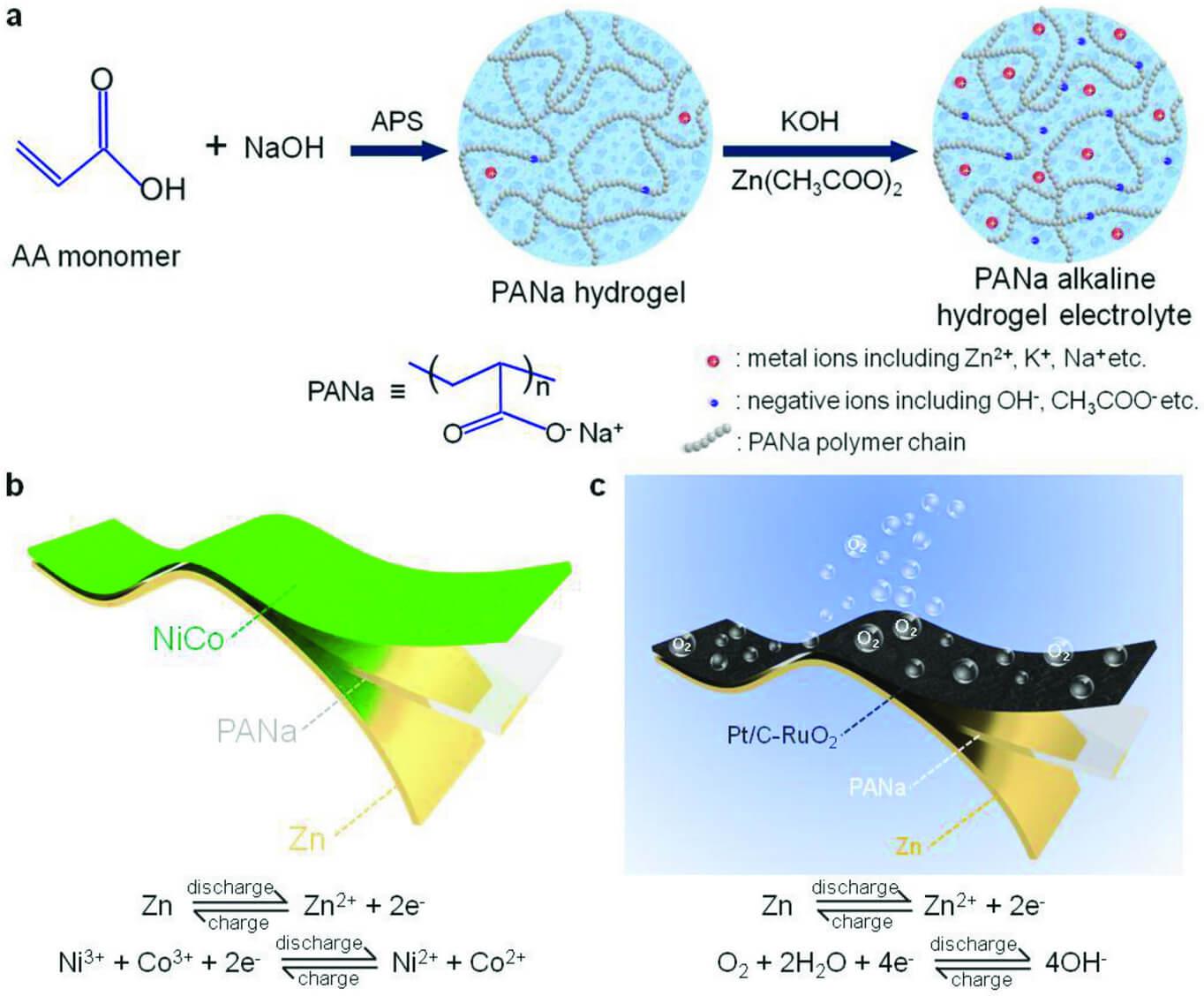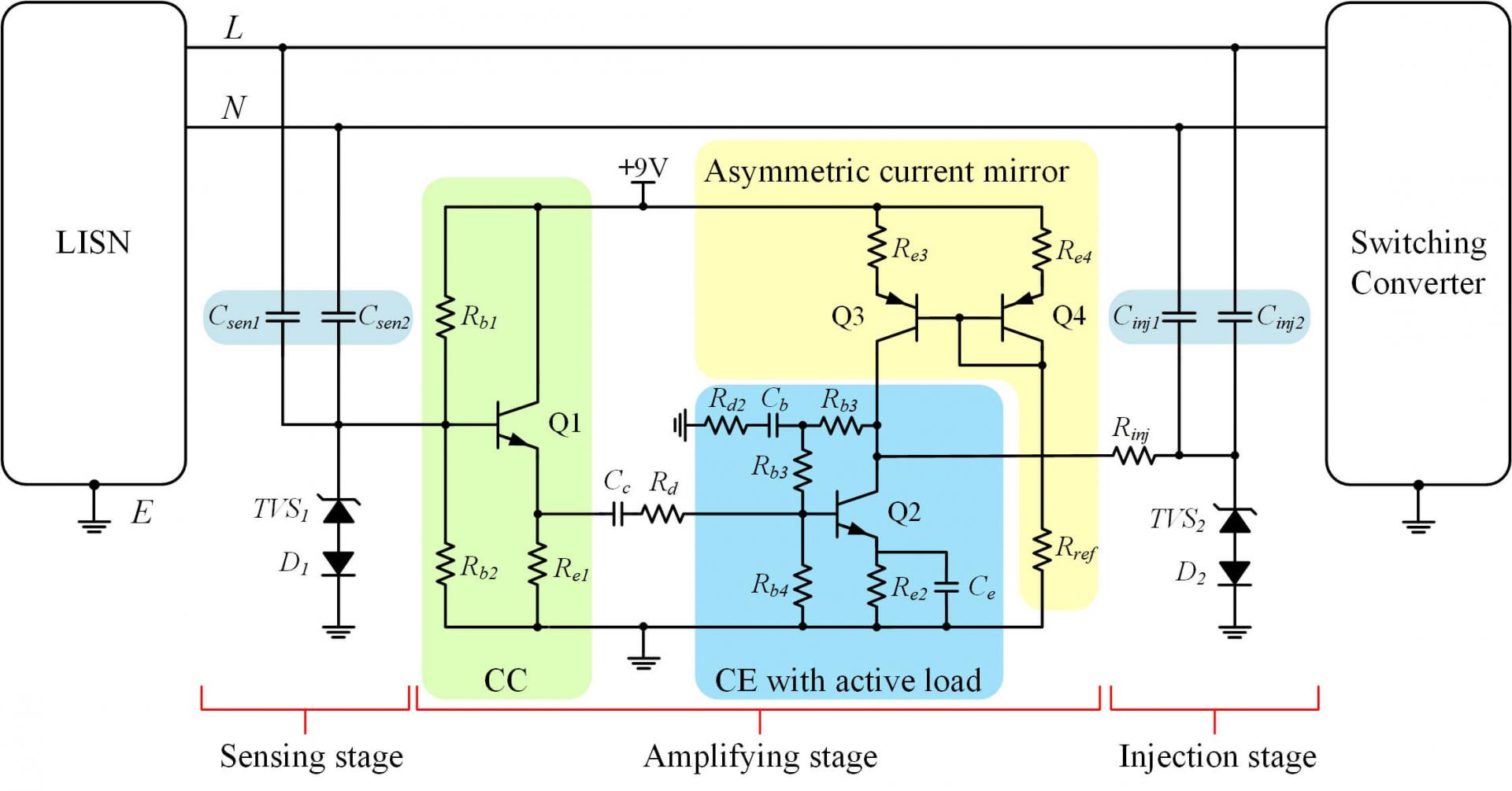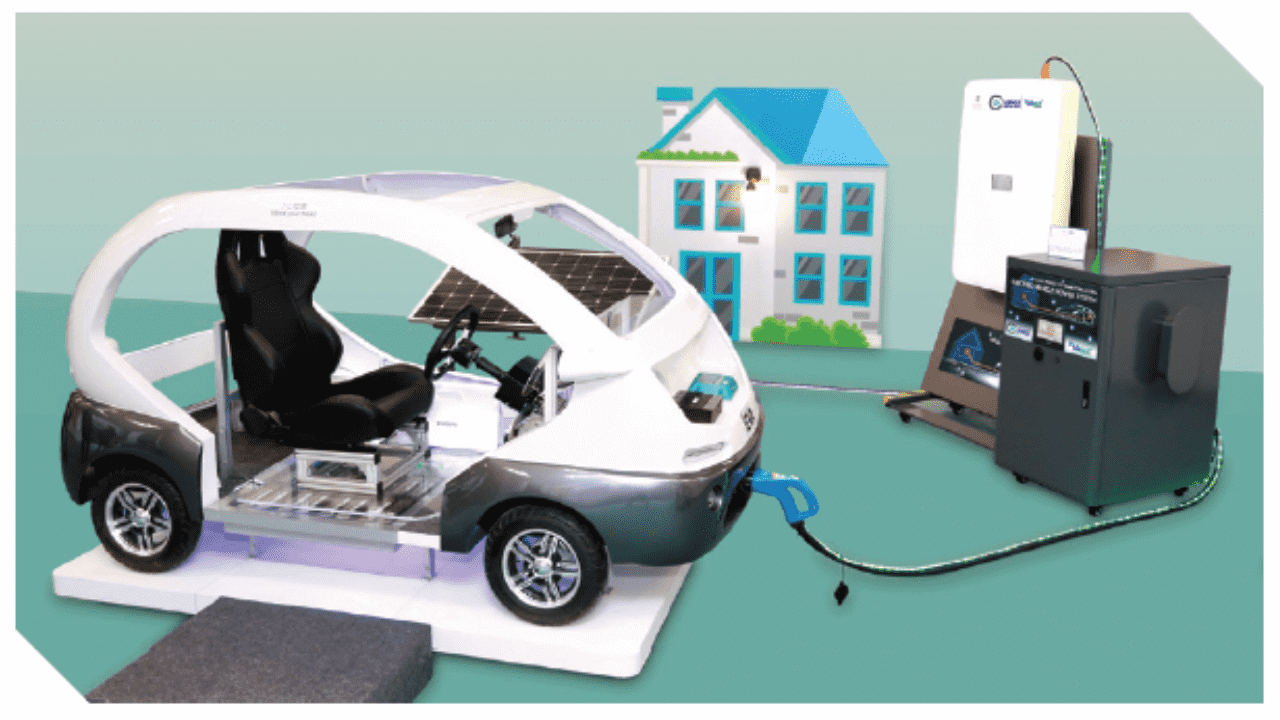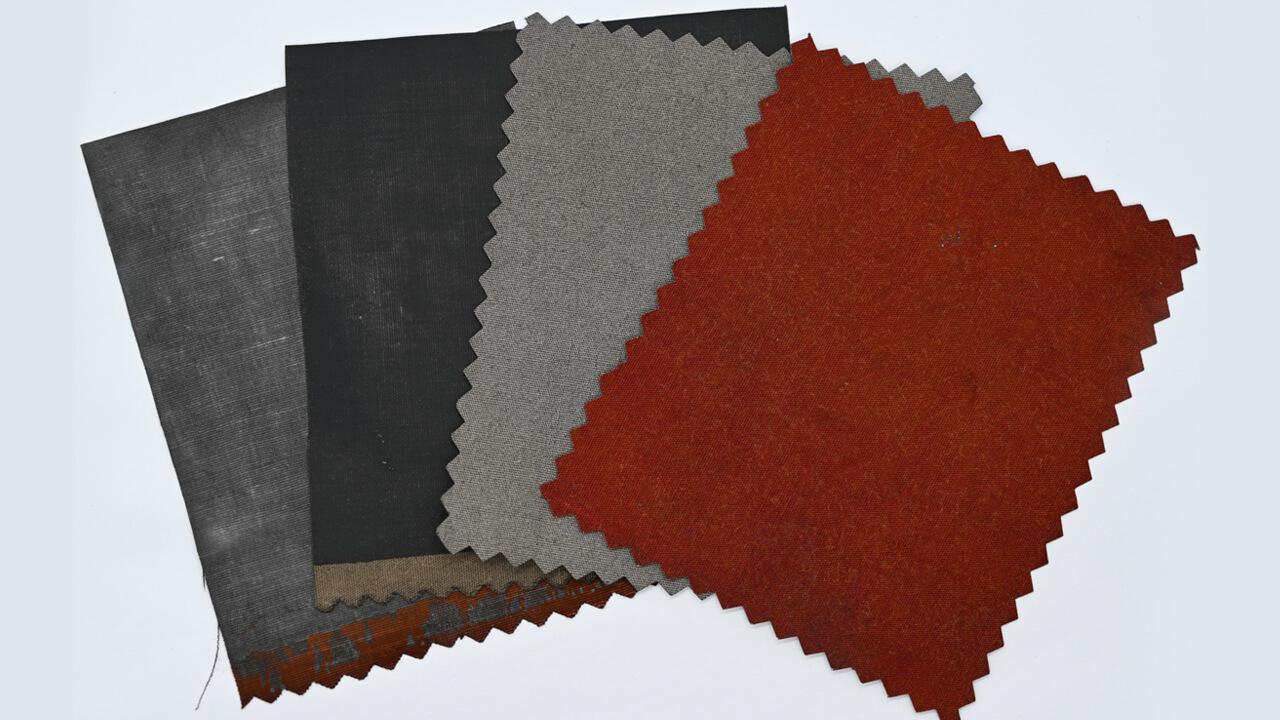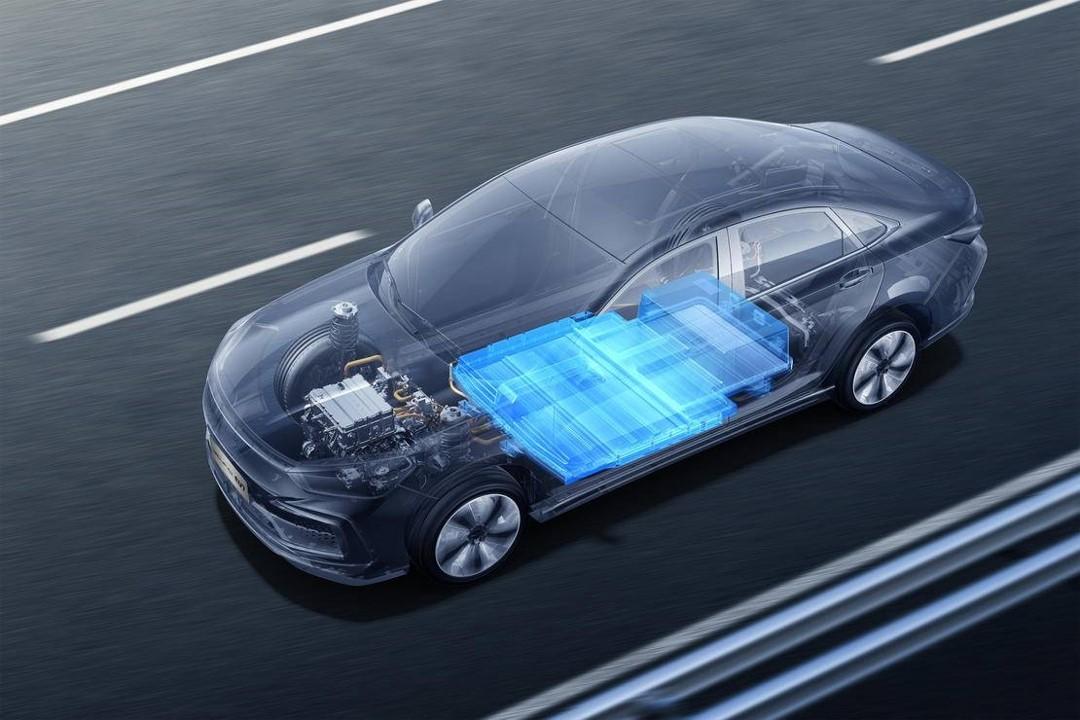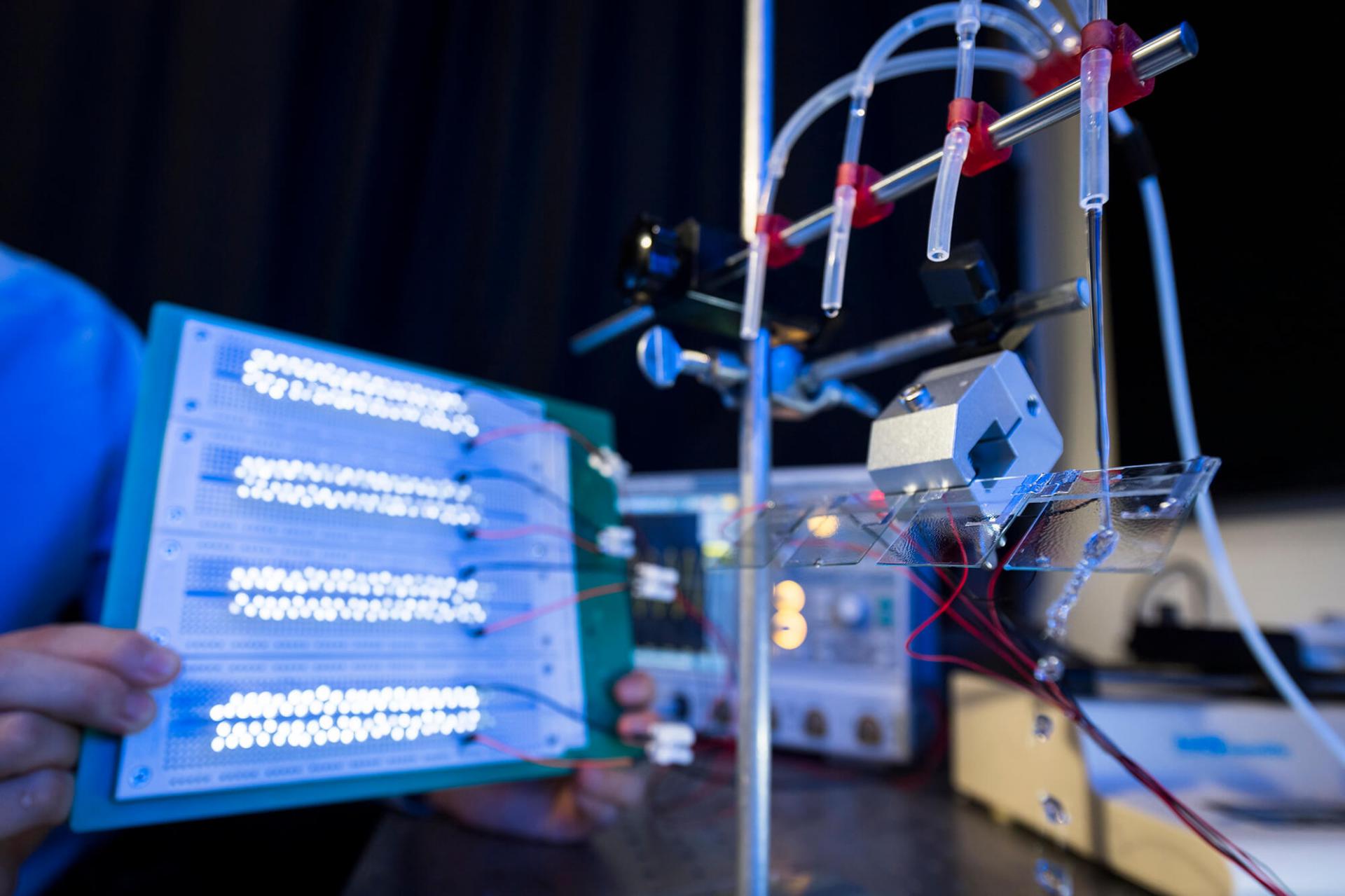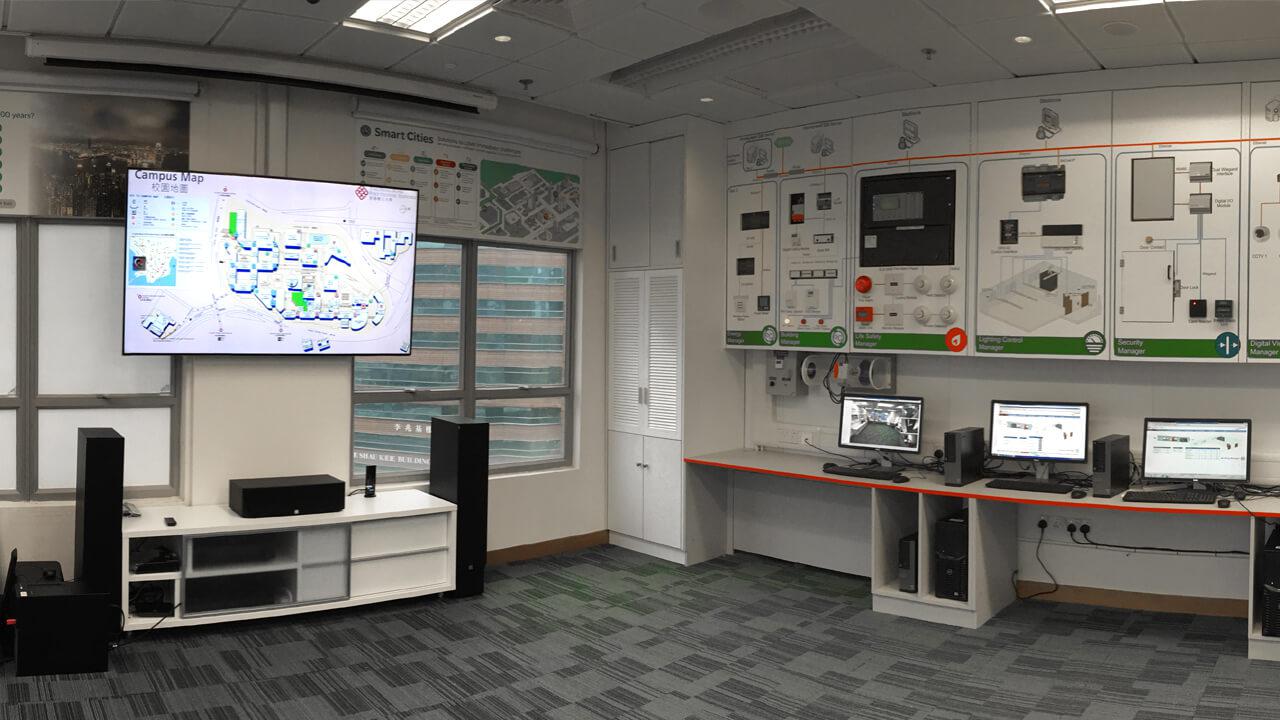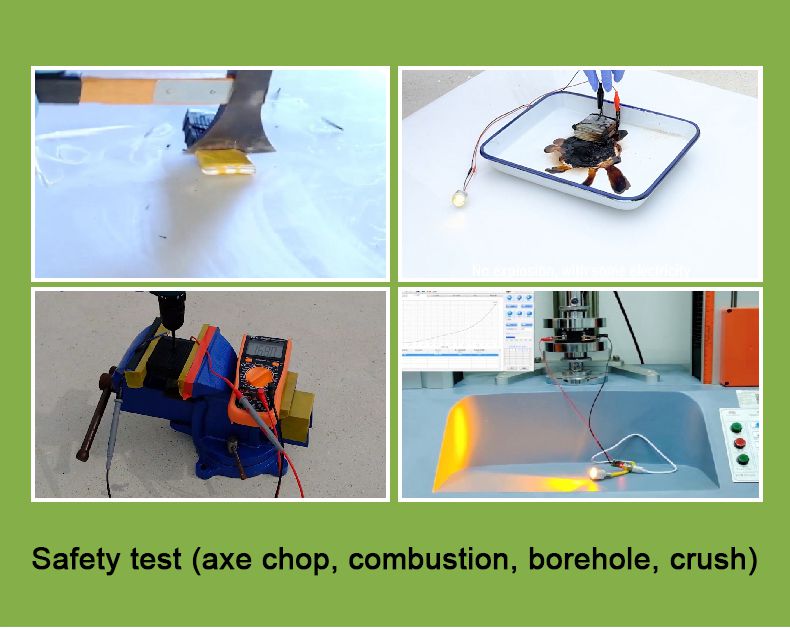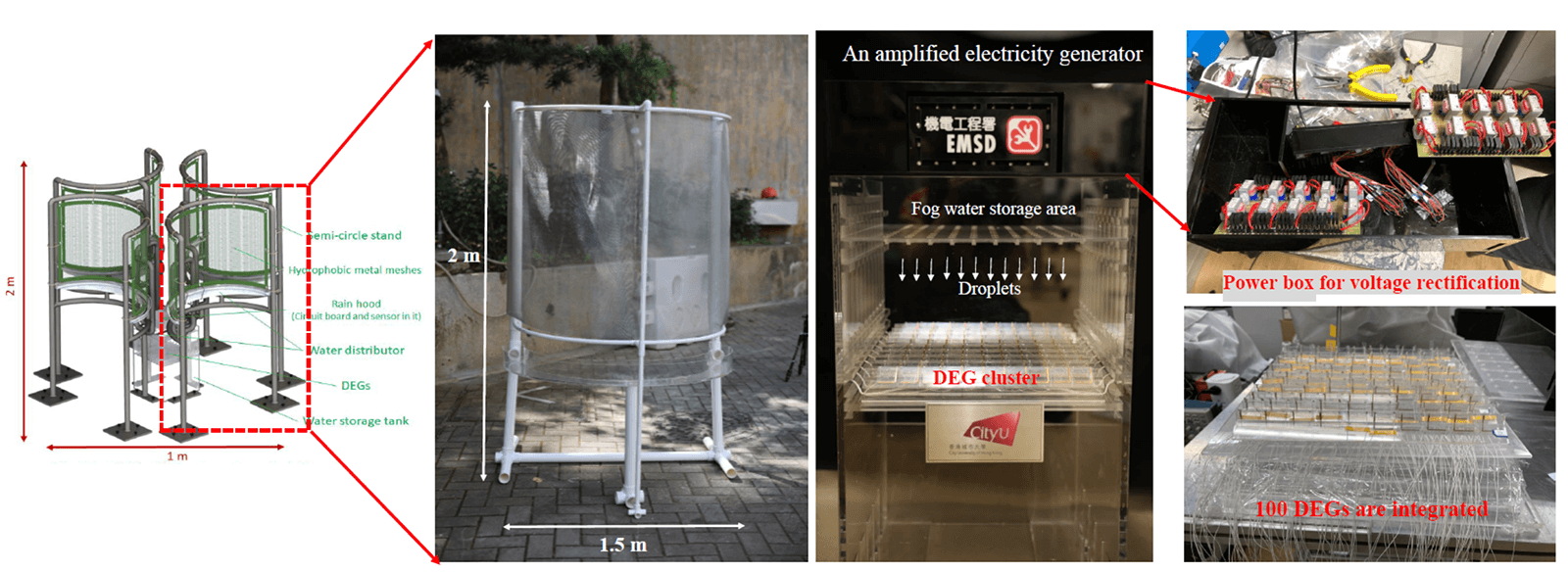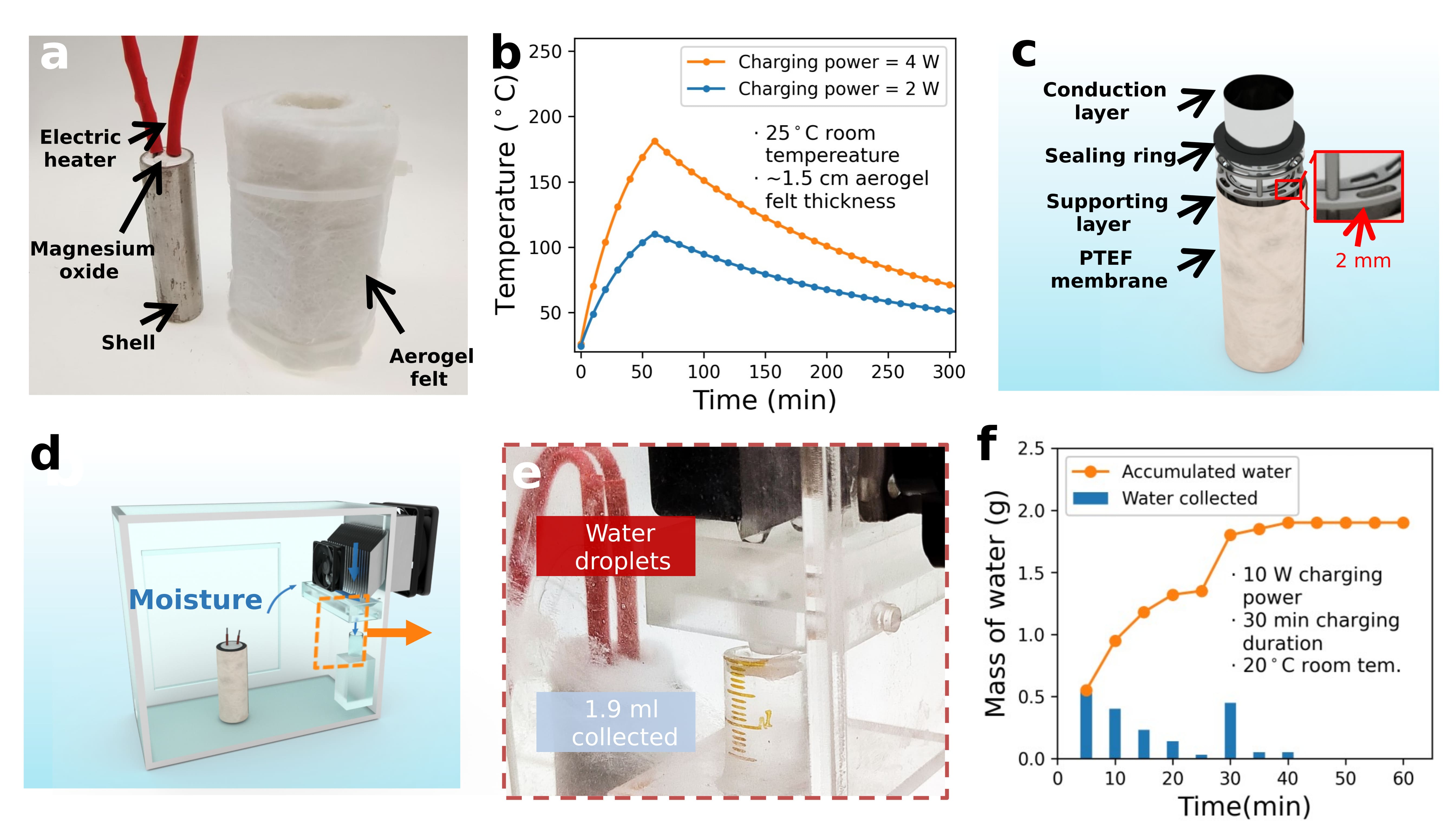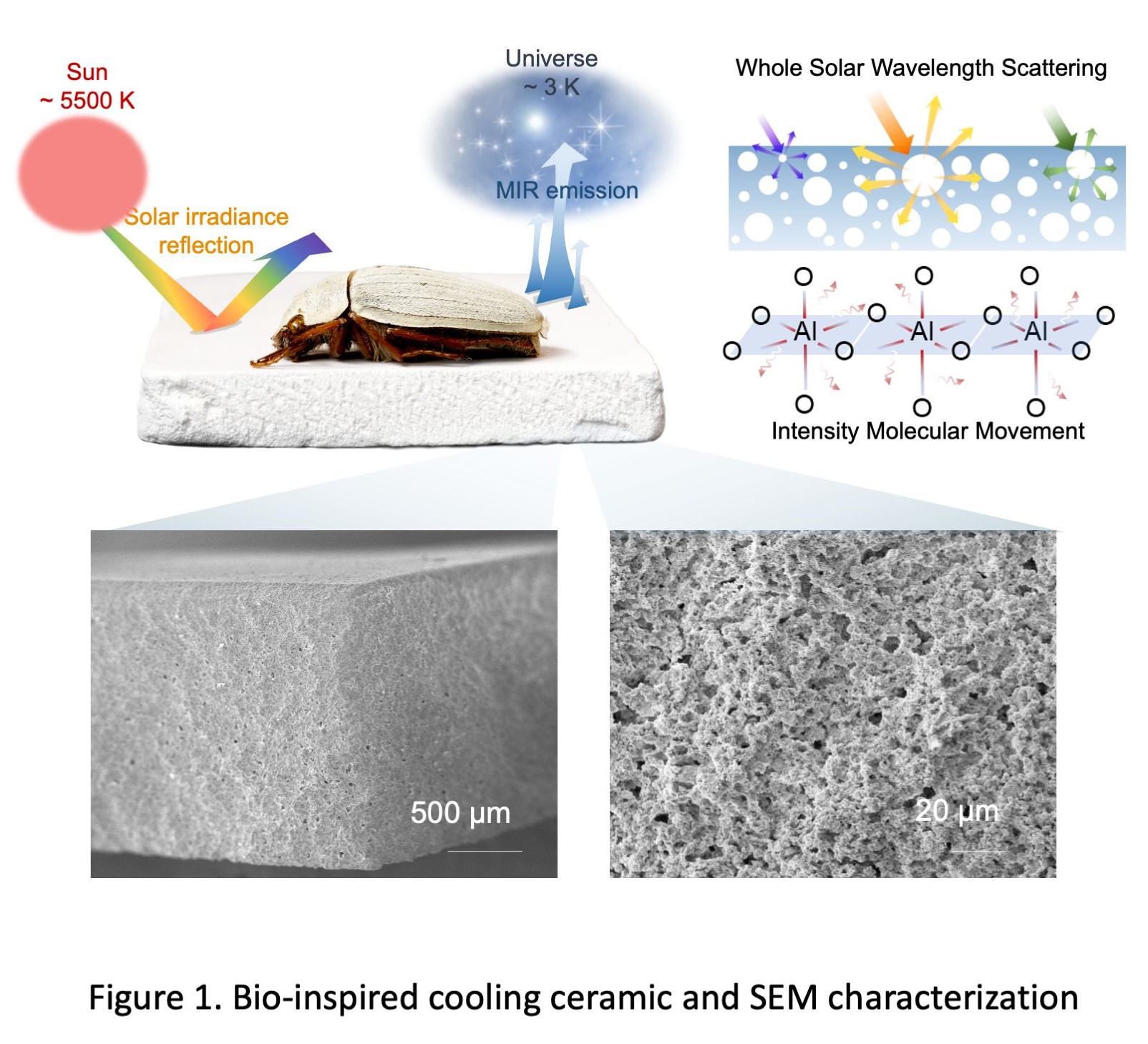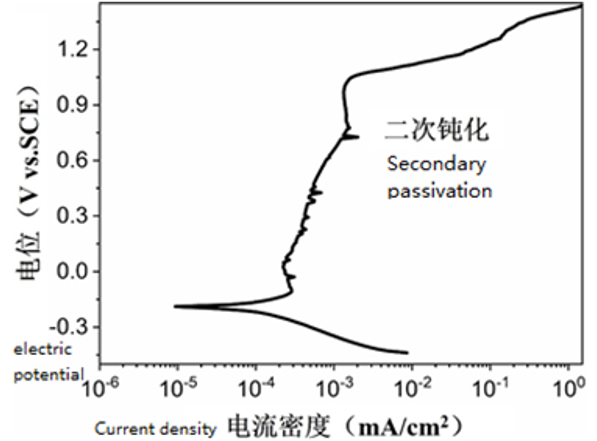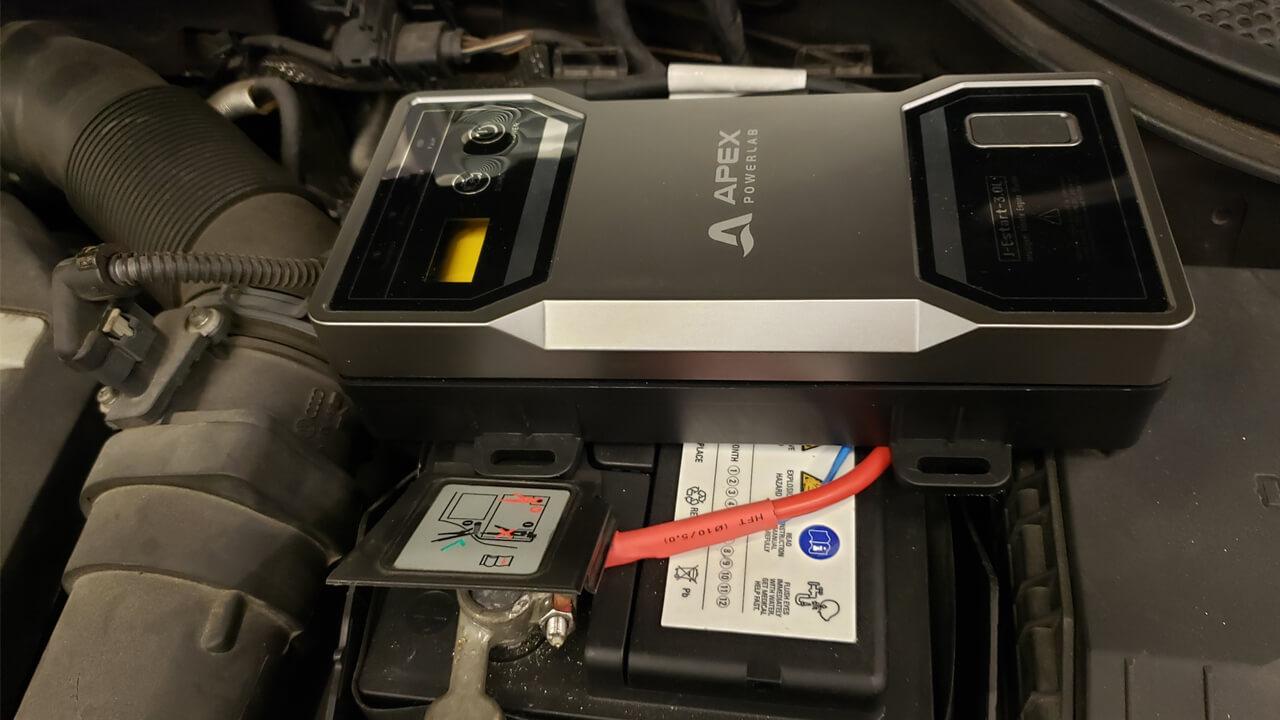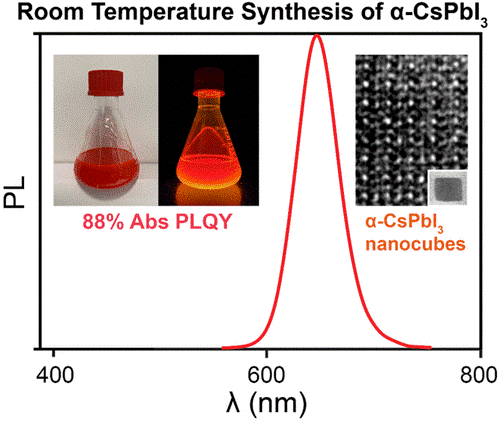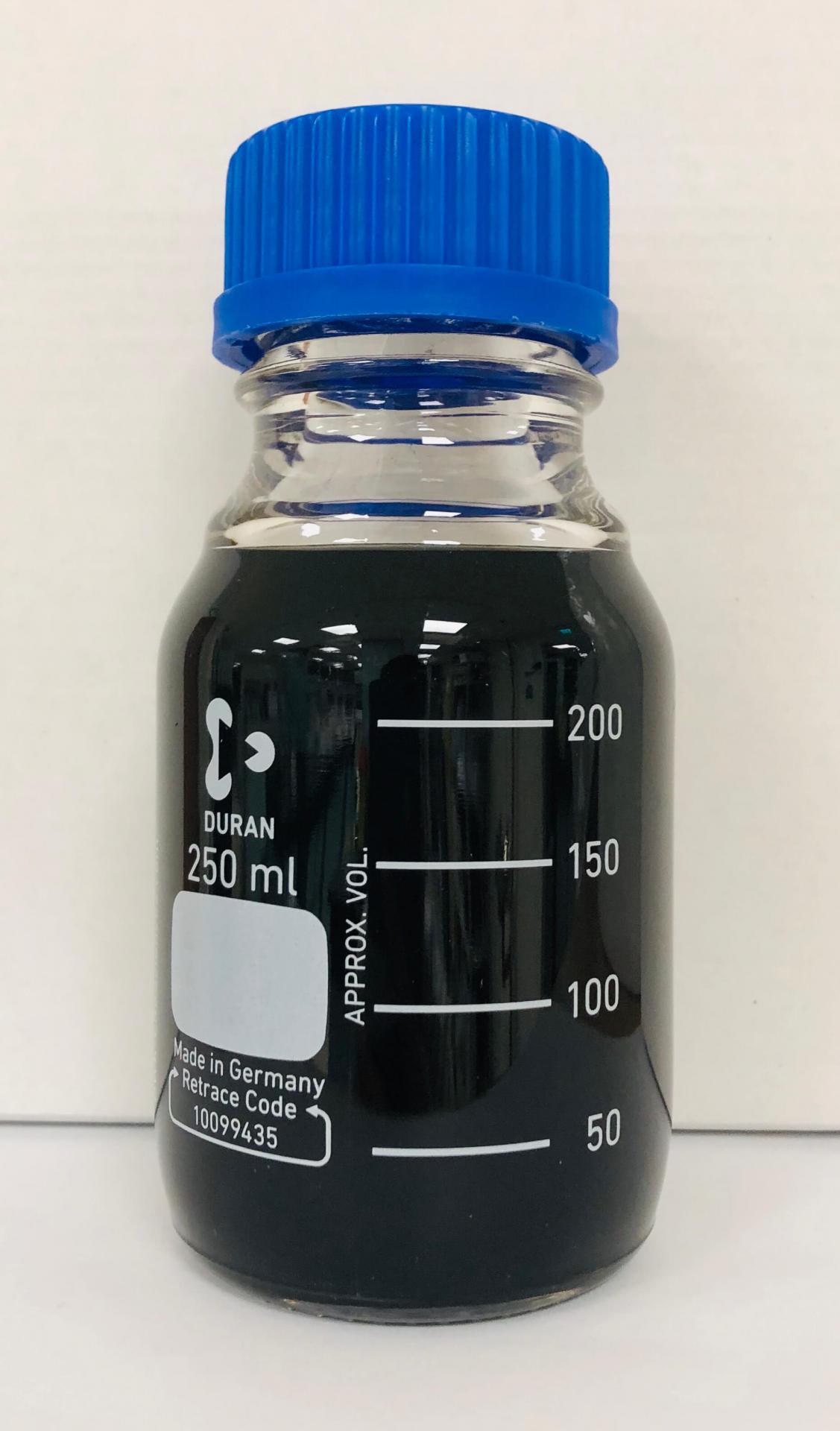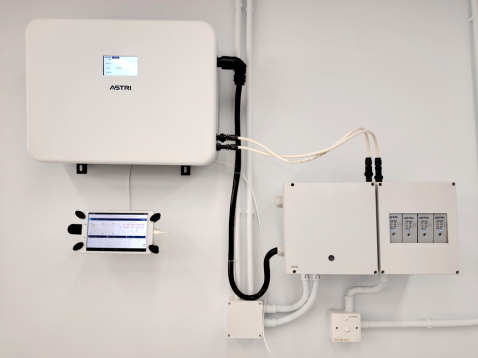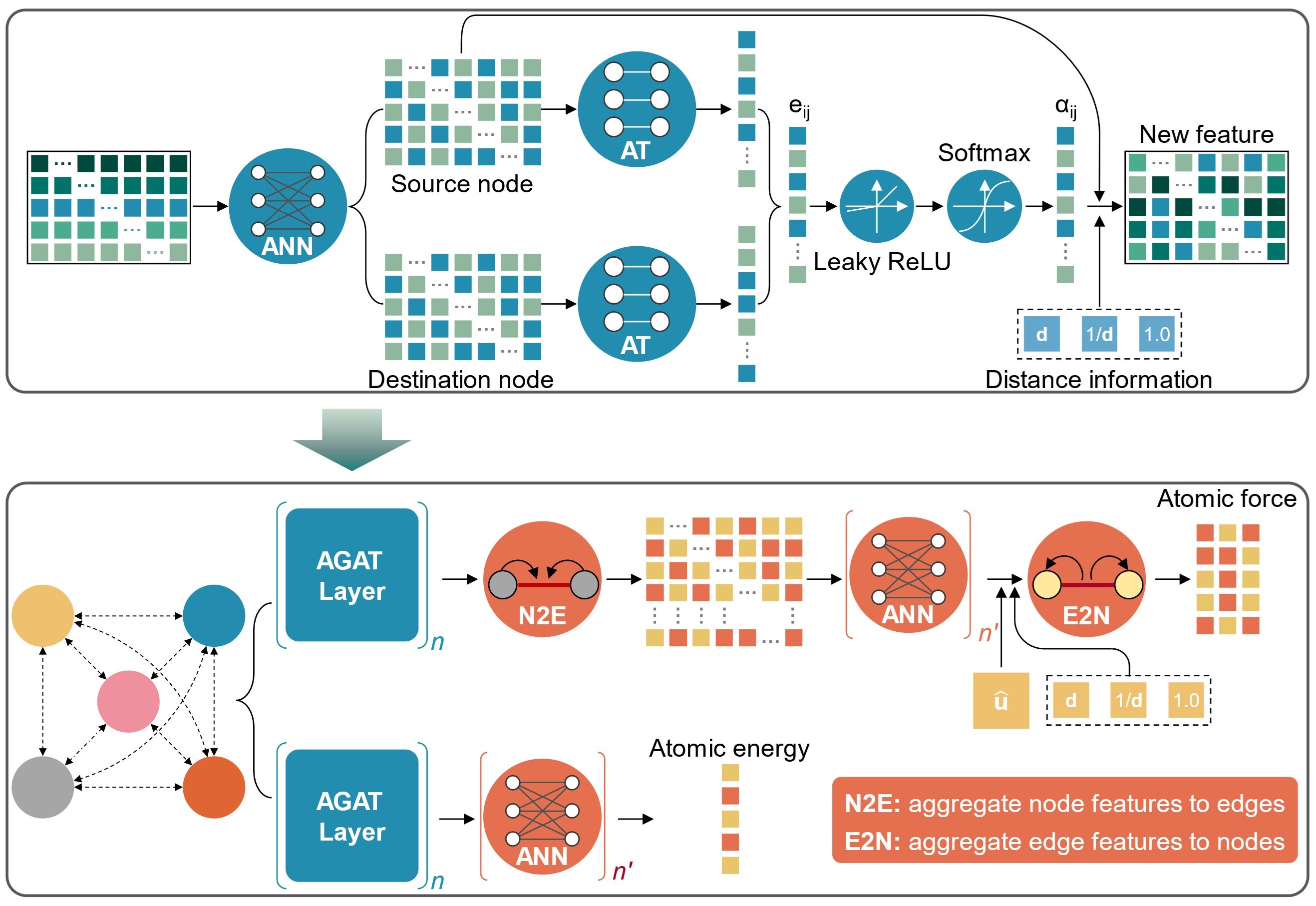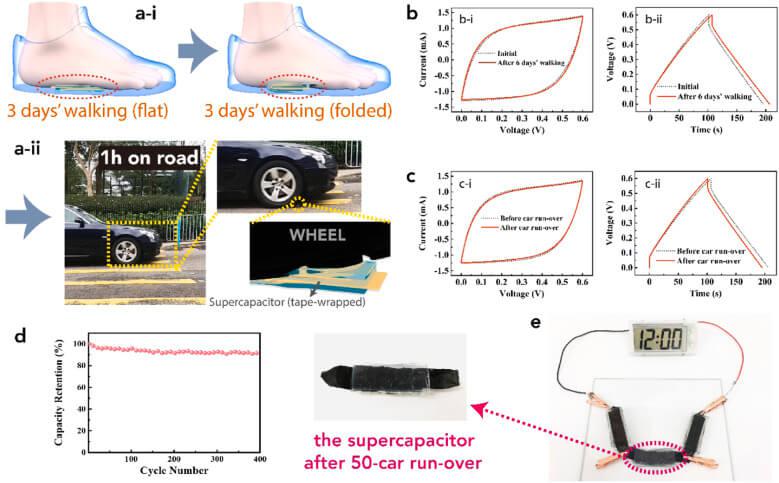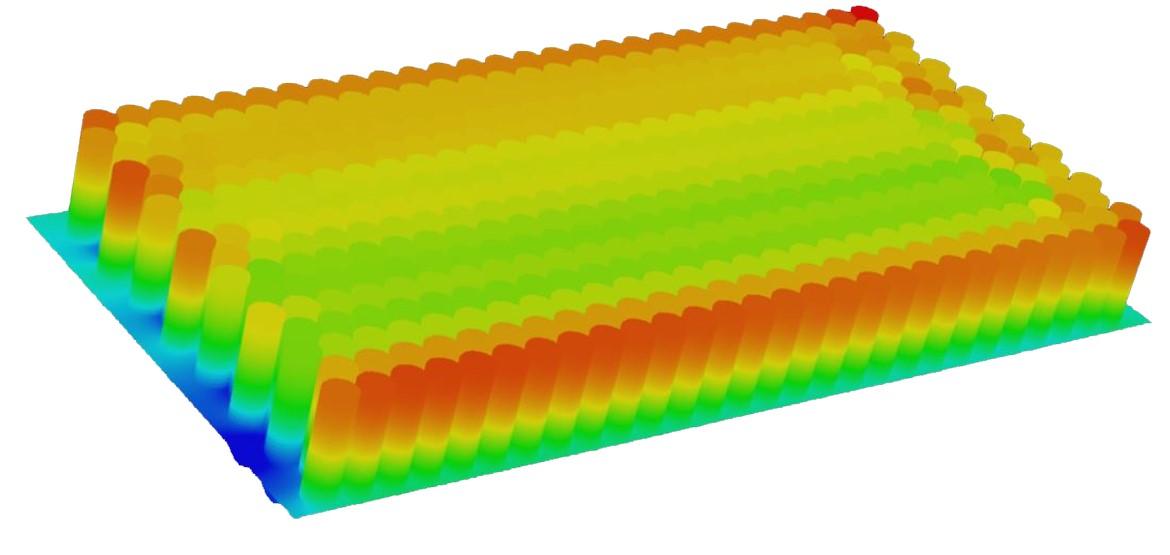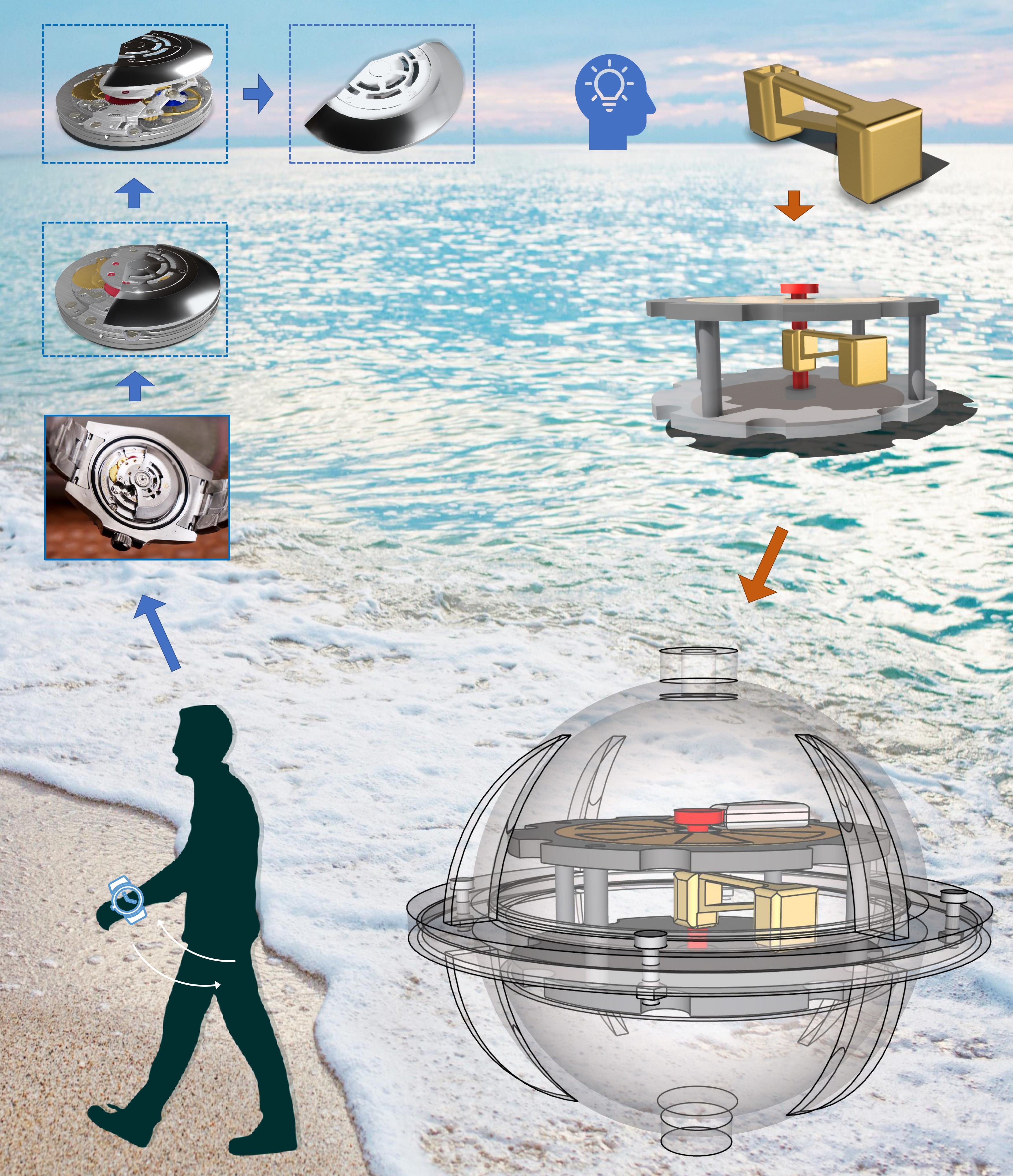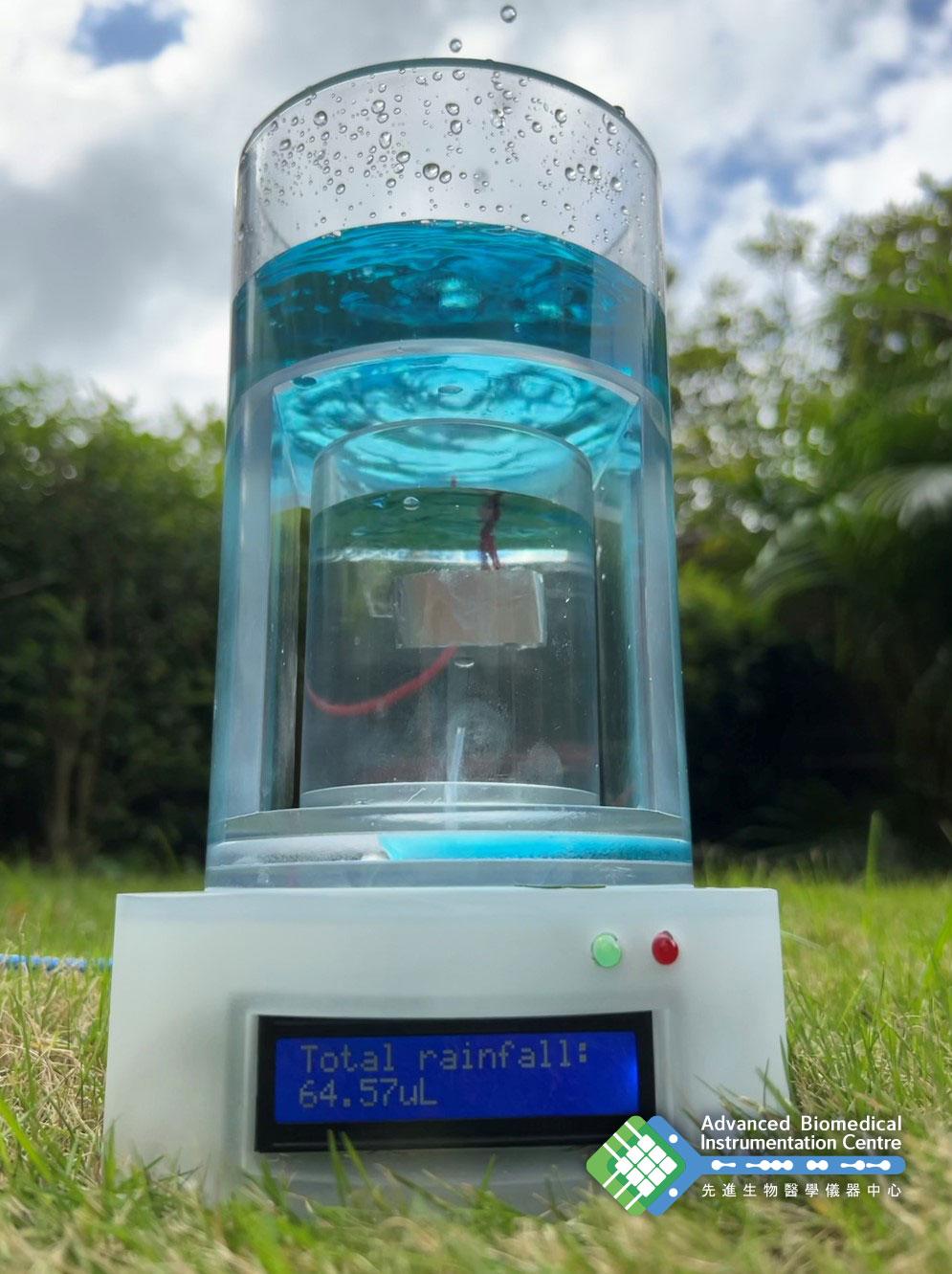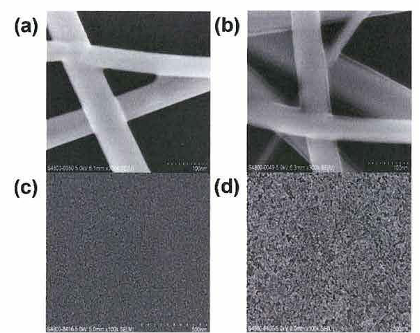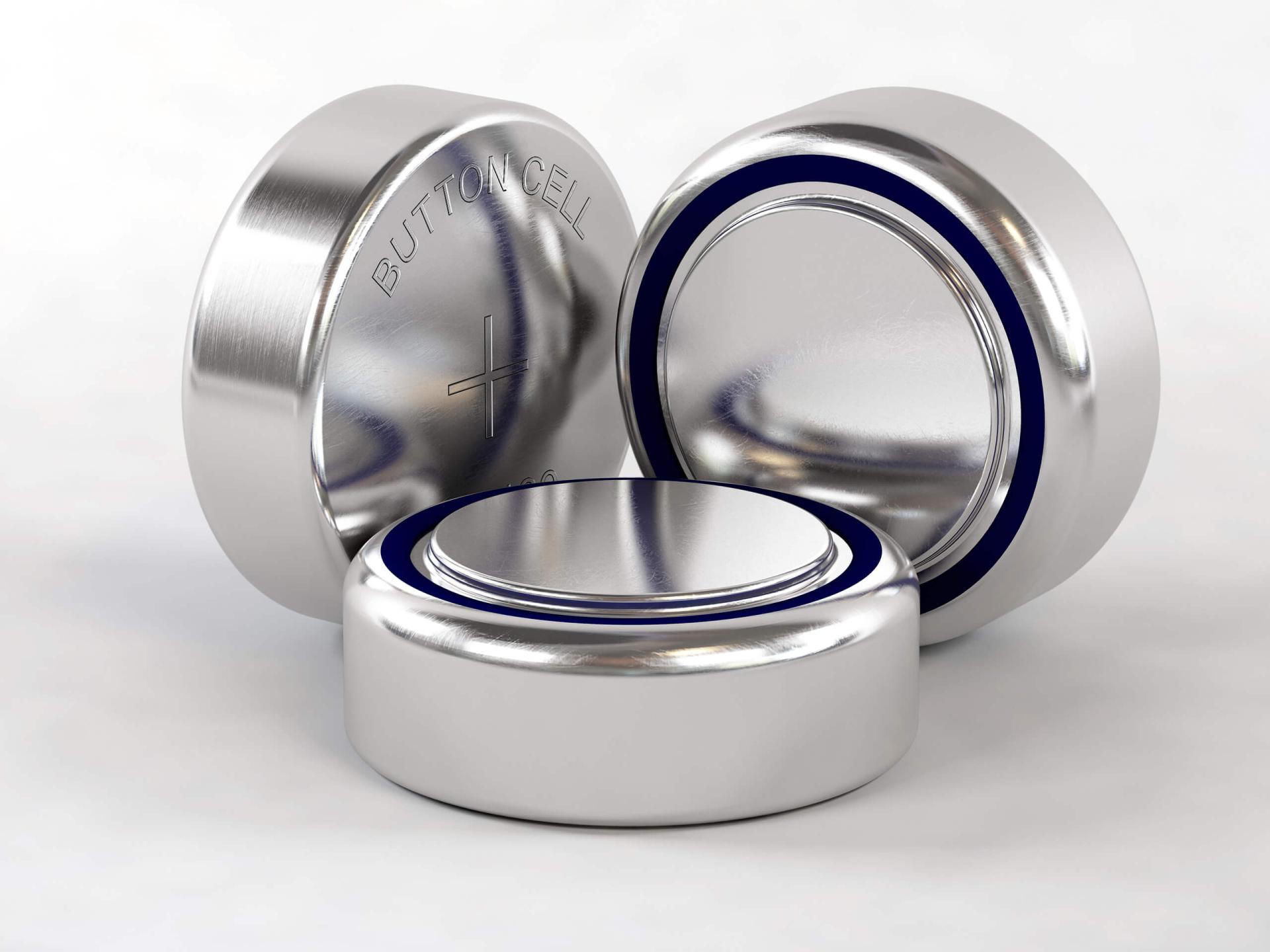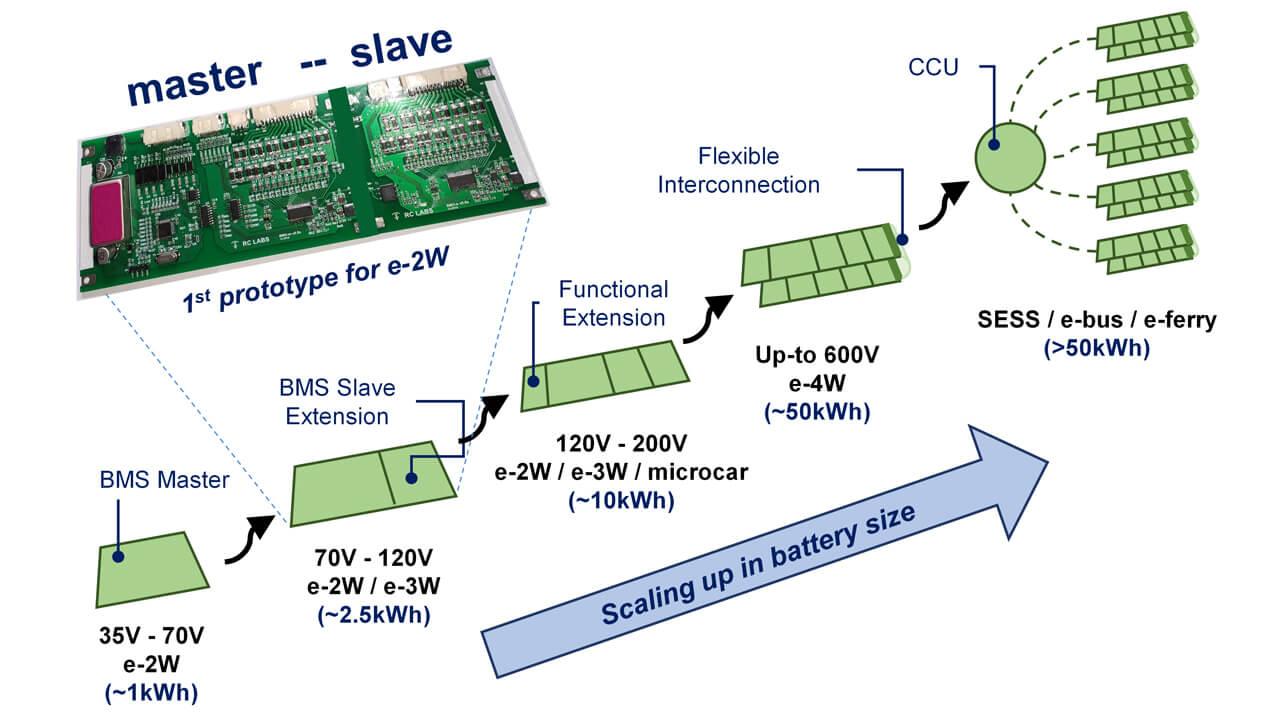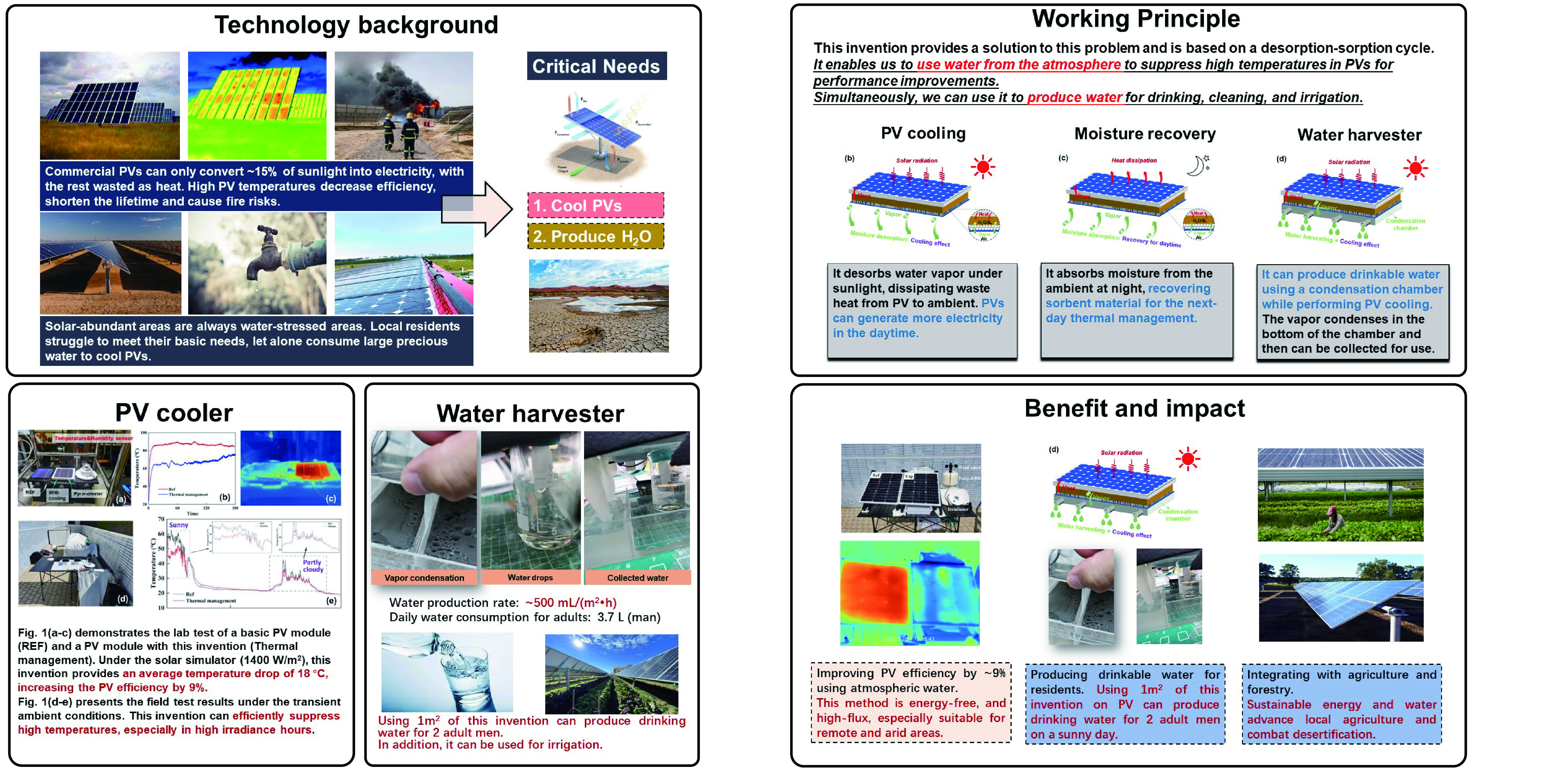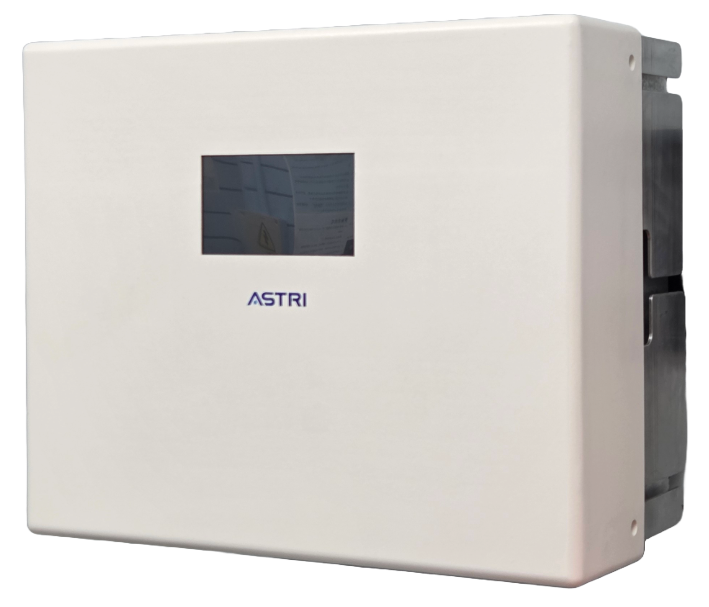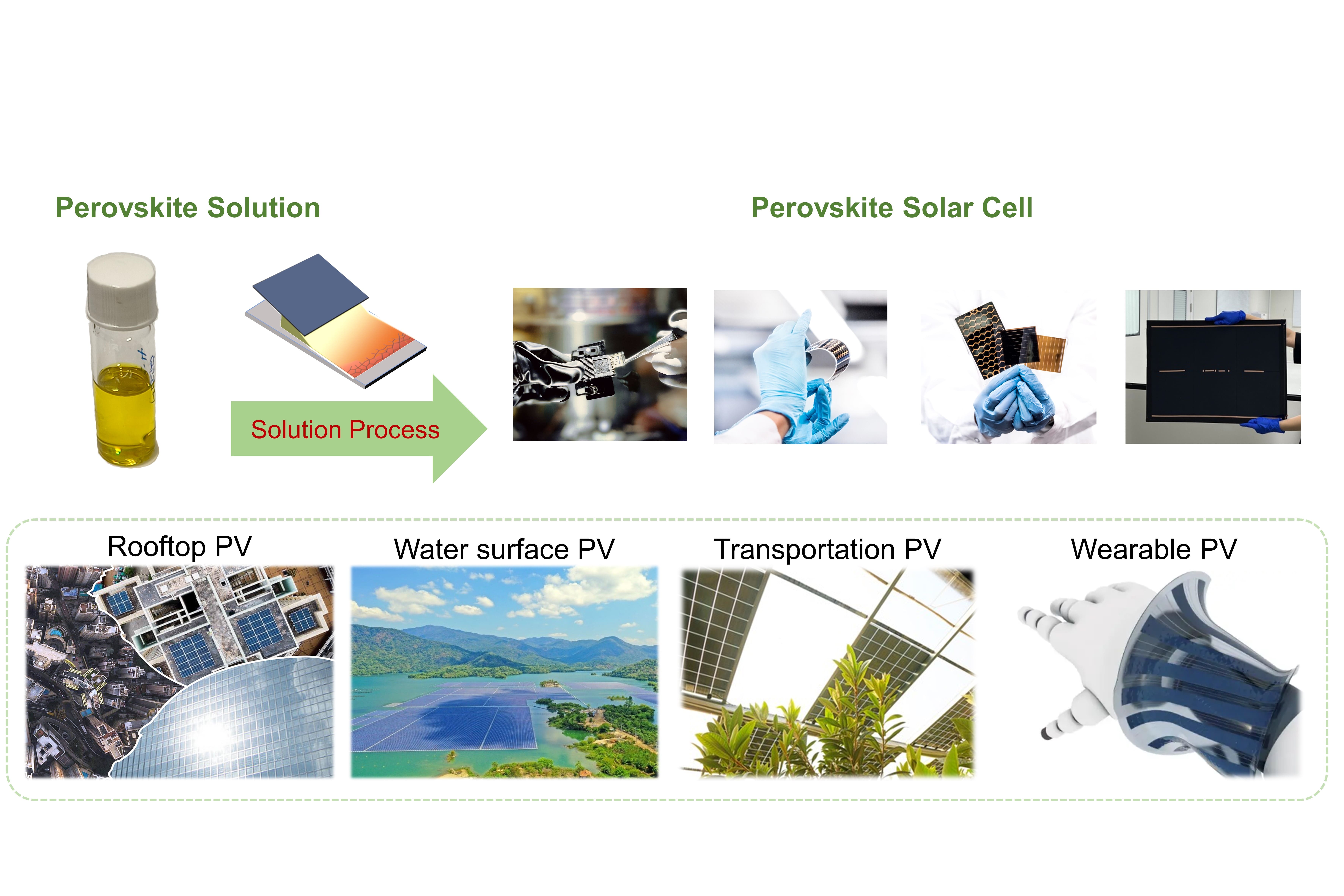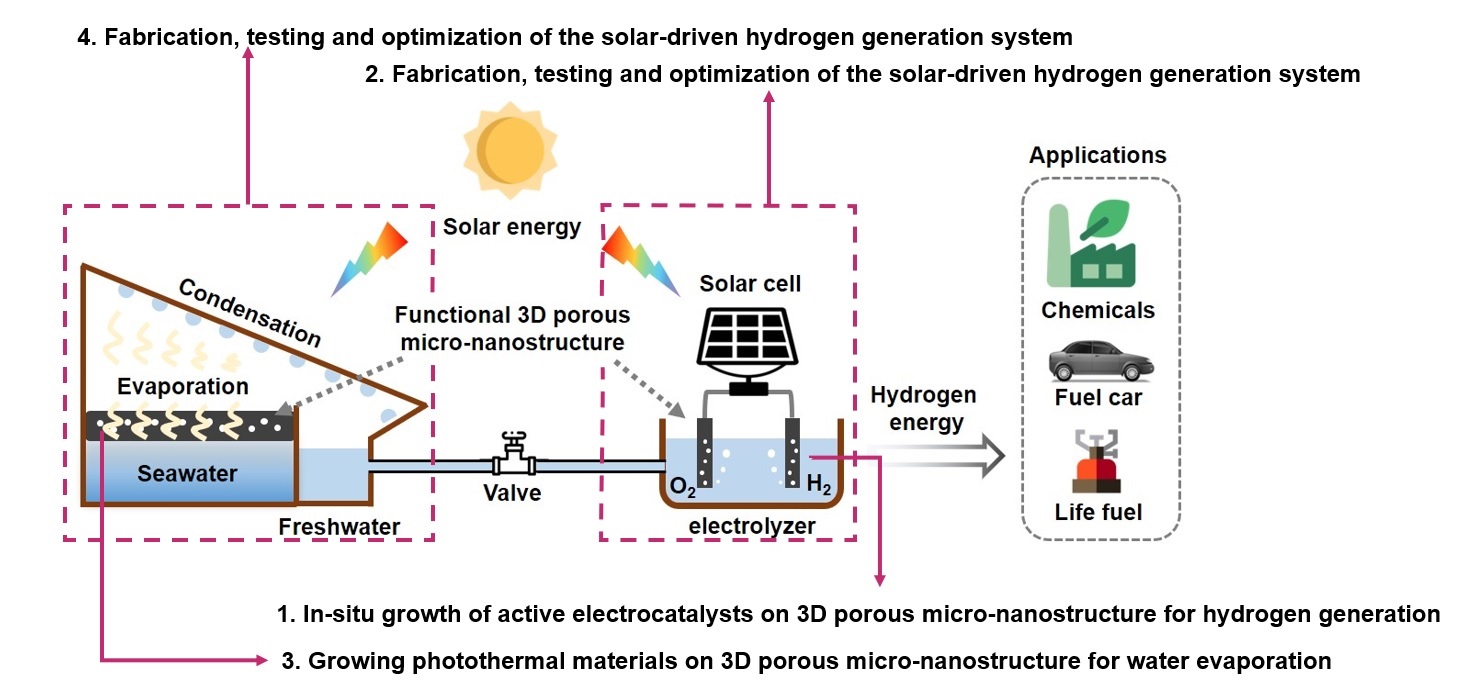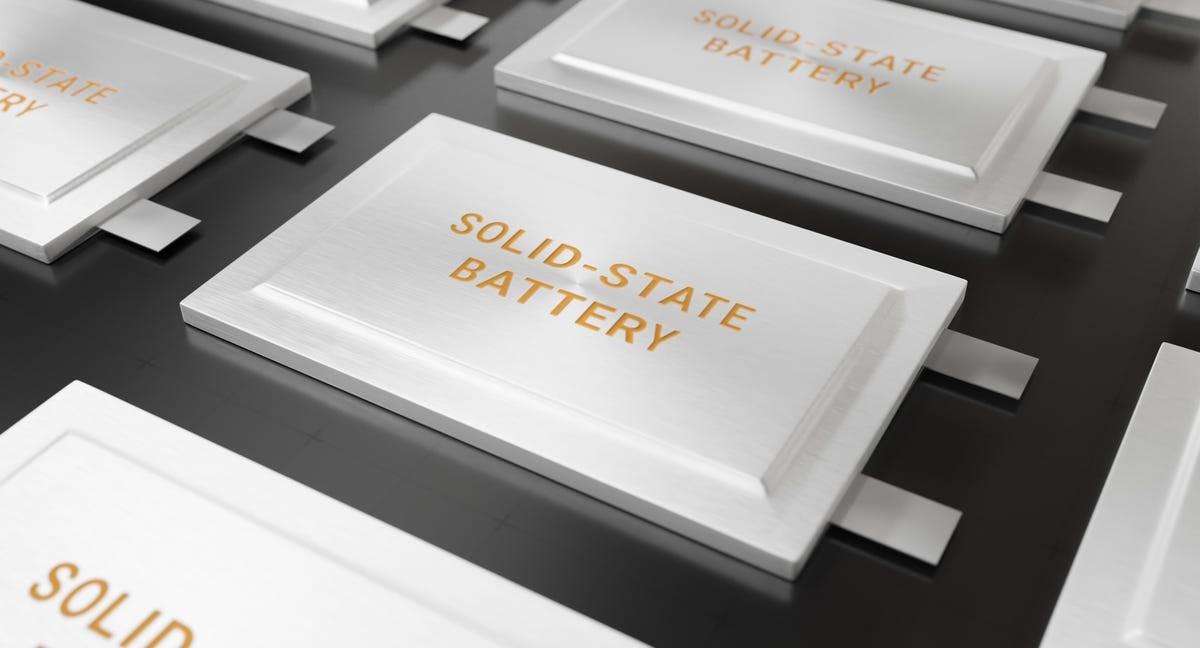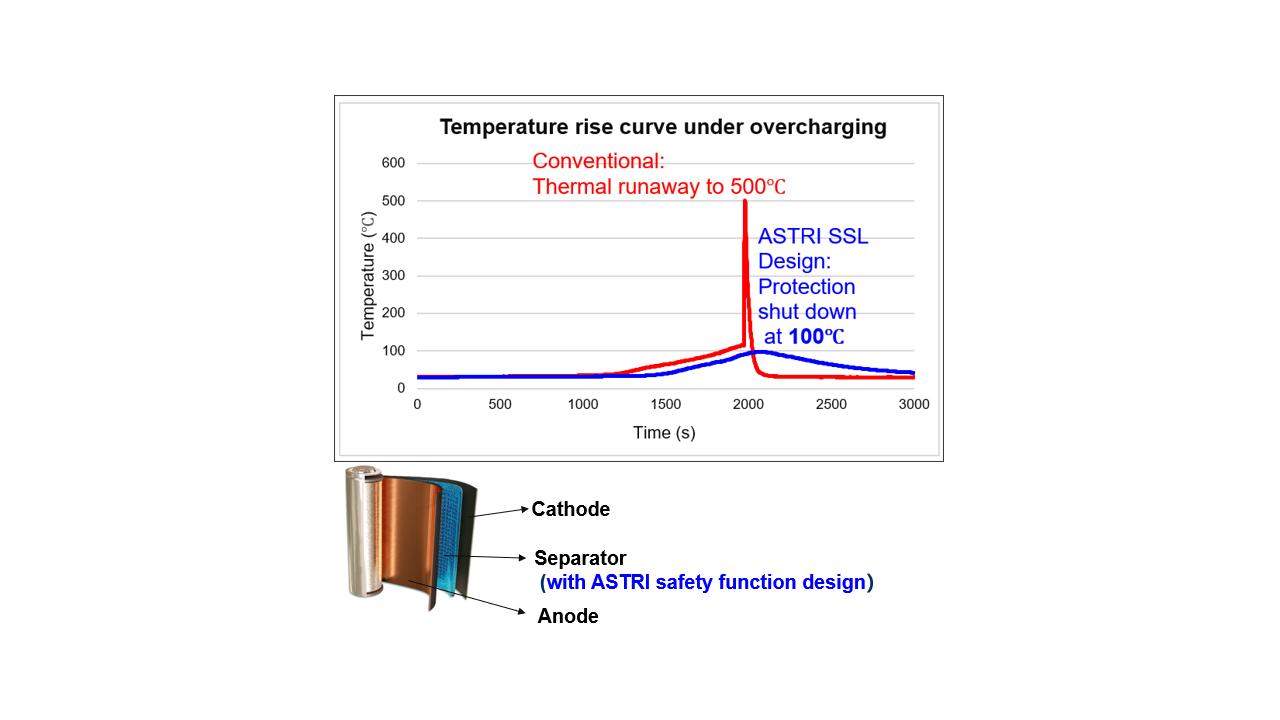
Solid-State Rechargeable Zn//NiCo and Zn-air Batteries with Ultra-Long Lifetime and High Capacity
City University of Hong Kong has developed a polyelectrolyte, which enables aqueous zinc batteries with super long lifetime. The developed batteries may be used for a variety of energy storage systems to provide a low-cost choice and superior safety performance.
Aqueous electrolyte batteries provide ultimate safety for energy storage systems but they suffer from cycling stability. Our polyelectrolyte ensured an order of magnitude higher cycling stability than those of their state-of-the-art counterparts and high capacities for the quasi-solid-state Zn//NiCo and Zn-air batteries.
- An intrinsic high ionic conductivity and water-retaining capability of the polyelectrolyte
- The acrylate-ion-facilitated formation of quasi-solid electrolyte interface to eliminate zinc dendrites
- Highly safe, zero toxicity without the risks of fire and explosion.
- Aqueous batteries with extraordinary cycling stabilty
- Low-cost devices
- Energy storage systems with high requirement on safety
Patent
- US Patent: US 11,177,504 B2
As one of the fastest growing universities in the world over the past decade, City University of Hong Kong (CityU) is recognised as a hub for innovation in research and professional education. CityU identifies solutions to critical global challenges by extending the frontiers of knowledge both within and beyond existing research paradigms.
The University’s highly qualified academics are drawn from all over the world, not only bringing a wealth of research and professional experience to the teaching programmes, but also contributing to the knowledge and technology advancement.
